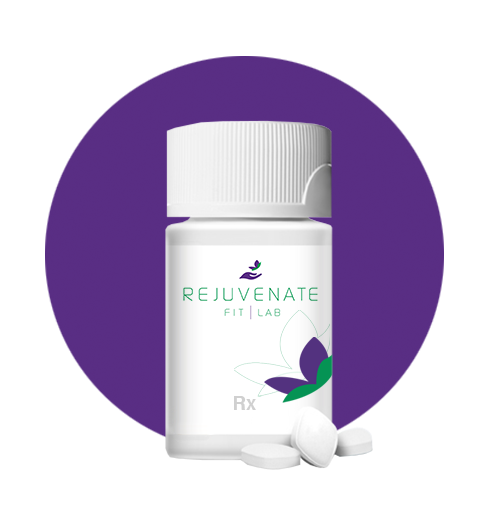How it works:
Minoxidil is a potent hair growth stimulator and triggers an increase in blood flow to the follicle, causing resting follicles to produce hair and weak follicles to produce longer thicker and more pigmented hair over time with consistent use. Tretinoin helps make the minoxidil work better. This is especially true if you are one of the unlucky people to be a naturally poor responder to Rogaine or generic minoxidil.
What the science says:
Topical minoxidil has been researched for almost thirty years in hundreds of scientific studies involving thousands of patients with thinning hair and hair loss. Twice daily minoxidil has been shown to regrow hair in up to 85% of men and 60% of women. This hair loss formula is an alternative to Rogaine and Rogaine Foam that provides an even greater penetration of minoxidil and the benefit of synergistic ingredients compared to the over-the-counter generic minoxidil or Rogaine without the common side effects.
Tretinoin enhances minoxidil response in androgenetic alopecia patients by upregulating follicular sulfotransferase enzymes. Sharma A, Goren A, Dhurat R, Agrawal S, Sinclair R, Trüeb RM, Vañó-Galván S, Chen G, Tan Y, Kovacevic M, Situm M, McCoy J. Dermatol Ther. 2019 May;32(3):e12915. doi:10.1111/dth.12915. Epub 2019 Apr 23. PubMed PMID: 30974011.
How to use Minoxidil/Fluocinolone/Tretinoin Cream:
• Minoxidil/Fluocinolone/Tretinoin is applied as a cream.
Precautions and possible side effects:
• The scalp may appear slightly more pink than usual due to increased blood flow from this medication. The most common side effect from minoxidil is skin irritation. Redness, dryness, flaking, inflammation and discomfort at the scalp are possible. Thankfully, skin irritation and other related side effects are extremely rare with this medication because it has anti-inflammatory properties and contains absolutely NO propylene glycol (found in over the counter minoxidil solutions).
• Some products that may interfere with this medication include:
o Drugs for high blood pressure (ex: guanethidine)
o Drugs that interact with alcohol (ex: disulfiram, metronidazole)
• If you are pregnant or think you may become pregnant do not use this drug.



